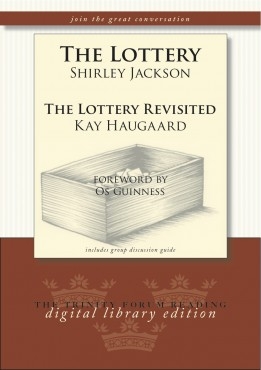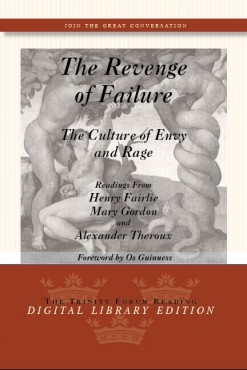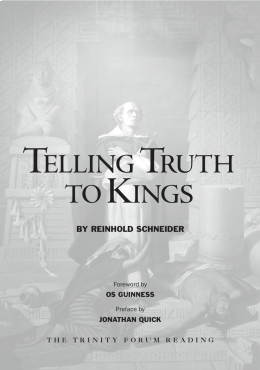With a Foreword by Senior Fellow Os Guinness, this story addresses the question of the truth-claims of religious faith in the face of the pressures of the modern world. Since the Enlightenment many religious leaders have attempted to “improve on” God or to make God “relevant” to the times.
Dr. Guinness makes a passionate case for truth. Hawthorne’s story, he argues, raises questions about the authority and public dimensions of faith that are vital not just for Christians, but for all the citizens of the United States and the West at large. This selection is sure to provoke thought and discussion.
Study guide included.



